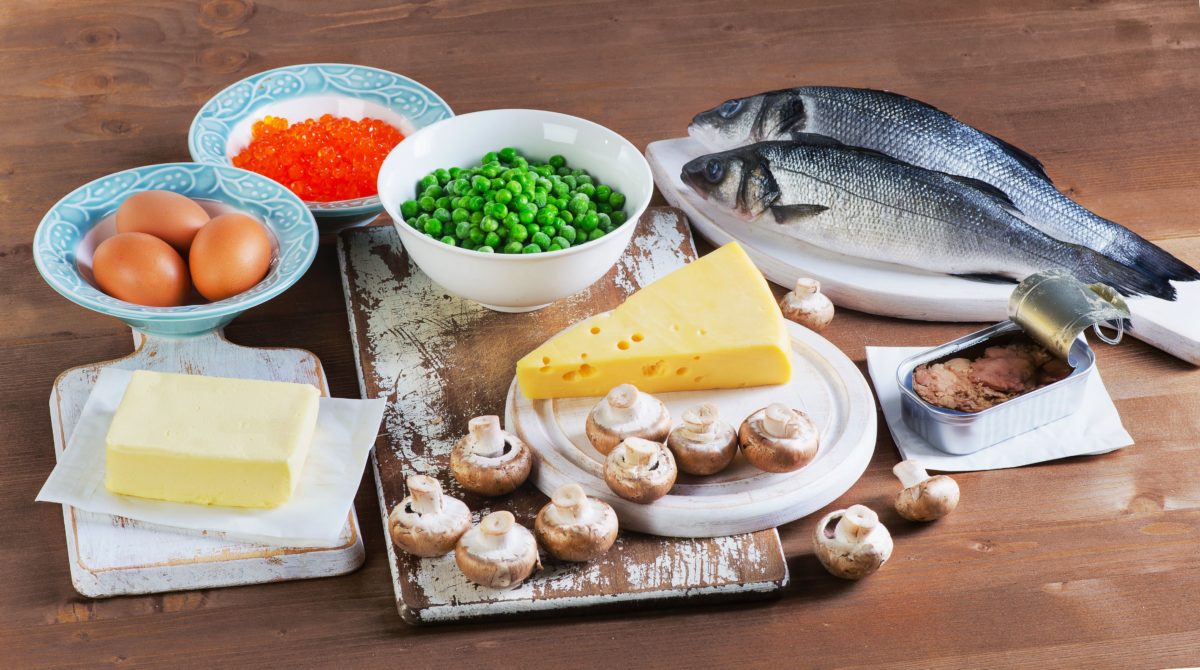Calcium and vitamin D
May 27, 2018 by Lisa Bywaters

Do you get enough calcium and vitamin D? Along with regular exercise, they’re important for bone health.
Calcium
Almost every cell in your body uses calcium in some way.
Most of the calcium is stored in your bones. They act as your calcium bank. You need to make regular ‘deposits’ to cover the ‘withdrawals’. The rest is found in your blood and body fluids.
If you don’t have enough calcium in your diet to maintain adequate levels in the blood, then your body withdraws calcium from your bones. If calcium is constantly taken from your bones, they’ll become weaker over time.
For adults the amount of calcium required each day is between 1000 – 1300mg – the exact amount depends on your age and gender.
Calcium can be found in lots of foods – including dairy food, oranges, sardines and salmon, almonds, tofu, baked beans, green leafy vegetables.
Calcium is listed on the nutrition panel of packaged foods – so check to see how much is in the foods you buy.
If you can’t get enough calcium in your diet, talk with your doctor about whether a calcium supplement may be necessary.
Vitamin D – the sunshine vitamin
Vitamin D is essential for strong bones for many reasons. It helps increase the absorption of calcium and phosphorous from the small intestine, helps regulate the amount of calcium in your blood and helps strengthen your skeleton. It can also assist with muscle function and reduce your risk of falls.
The main source of vitamin D is sunlight so you need to expose your hands, face and arms to the sun every day. The amount of time you need to do this depends on where you live, the time of the year and the complexion of your skin. Osteoporosis Australia has developed a chart to help you work this out.
In Australia we have high levels of skin cancer, so you also need to make sure you expose your skin to the sun safely. SunSmart has developed an app which will help work out when it’s safe.
Vitamin D can also be found in small quantities in foods such as: fatty fish (salmon, herring, mackerel), liver, eggs and fortified foods such as low fat milks and margarine, but it’s unlikely that you’ll be able to get enough vitamin D through your diet alone.
If you aren’t able to expose your skin to the sun regularly (e.g. you’re a shift worker, you have a condition that makes your skin sensitive to sunlight), you may be deficient in vitamin D. It’s important to discuss this with your doctor. Vitamin D supplements may be needed.
Take action for the health of your bones and find out more about calcium, vitamin D and osteoporosis.
Contact our MSK Help Line on 1800 263 265 and speak with a nurse or our trained volunteers for information.








